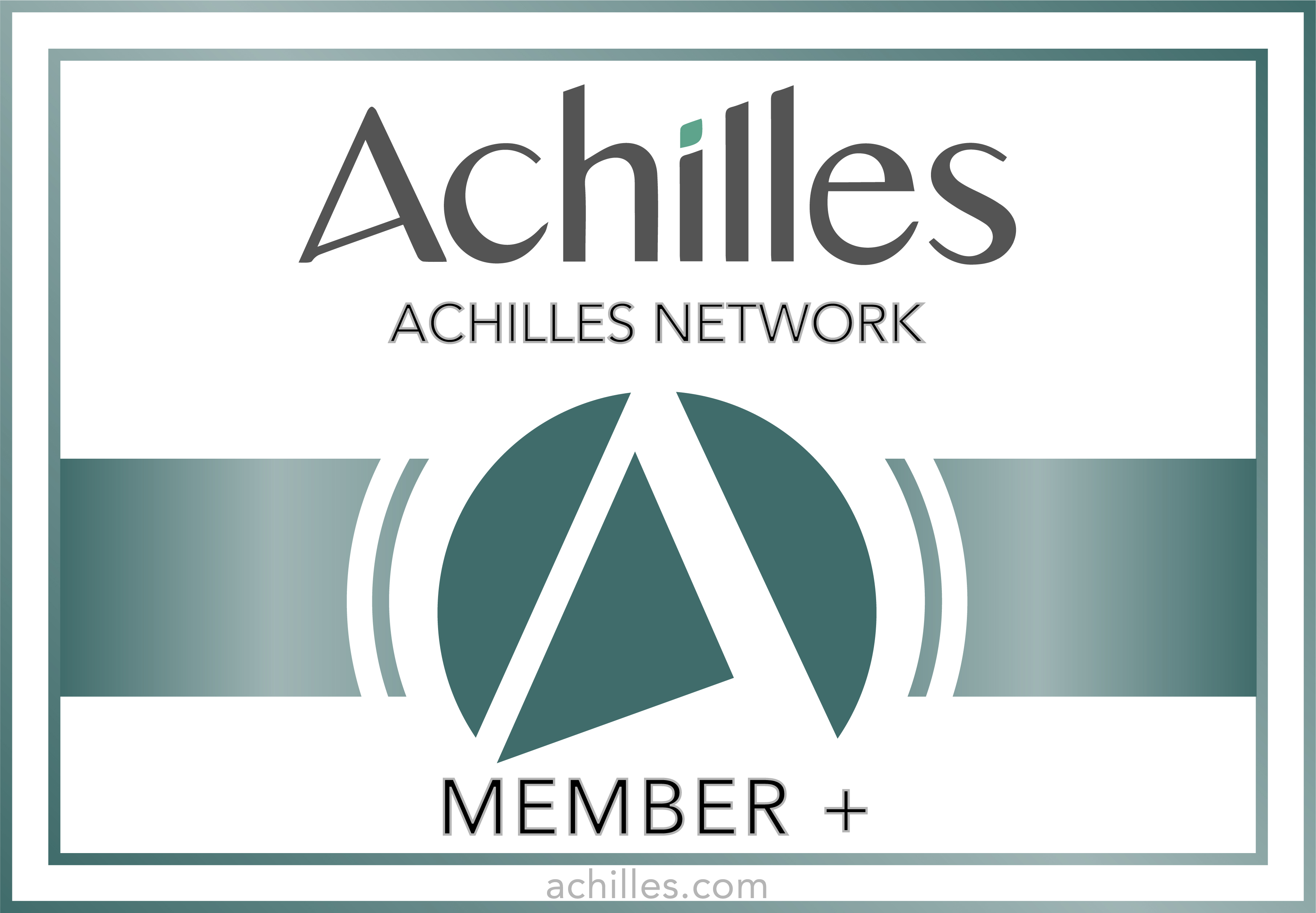Speed to Sale: Why Operational Efficiency Wins in the Plant & Agri Auction World
The Real Cost of Delay
Too often, the bottleneck isn’t a lack of demand or stock, it’s the internal process.
- Stock takes too long to be entered into systems
- Lotting and image workflows are inconsistent
- Marketing goes out late or is under-prepared
- Settlements are delayed by fragmented invoicing tools
When these issues compound, they drain time, increase error rates, and strain vendor relationship and all of this happens before a single bid is placed.
What Auctioneers Are Really Asking For
In conversations with auctioneers across the plant, salvage, and agri sectors, a common theme emerges: "We’re not a software company. We just want a process that works."
What’s needed is a simplified daily rhythm, a single, reliable environment that supports:
- Fast and accurate stock intake
- Repeatable workflows across departments
- Consistency, so team members don’t need retraining
- Adaptability across multi-site or multi-lane operations
In short: technology that supports the people on the ground, not the other way around.
Supporting Daily Methods of Operation (DMO's)
Auction businesses are built on daily rhythms: receiving equipment, reviewing lots, uploading images, managing bidders, and closing sales.
These Daily Methods of Operation (DMO's) are often held together by spreadsheets, shared drives, and institutional memory. But as businesses grow or scale, that approach becomes fragile.
Unified systems can standardise these workflows, reduce reliance on individuals, and improve visibility. When your team is able to follow a single process — regardless of sale format, you reduce friction, support consistency, and build in resilience.
One Environment, Multiple Formats
Auctioneers in this space rarely run just one type of sale. You might manage:
- A timed disposal for a single vehicle
- A monthly multi-lot agri sale
- A live webcast dispersal from a construction site
- A closed tender for finance recovery stock
- A liquidation sale of distressed assets under tight timelines
And you need the ability to move between these formats without changing systems, retraining staff, or duplicating data. Flexibility isn’t a nice-to-have, it’s core infrastructure.
The technology supporting these workflows must enable multi-disciplinary operation, from handling agri machinery to salvage, to insolvency stock, to finance repossessions, all within the same framework. When auctioneers can manage these varying sale types in a single environment, it reduces operational complexity and unlocks new commercial opportunities without adding overhead.
Being able to configure these formats from a single environment creates operational calm. It supports your team, your clients, and your growth.
Lean Thinking, Applied to Auctions
Many auction businesses are beginning to explore what lean operations look like in practice not as jargon, but as practical improvements:
- Reducing waste — avoiding duplication, errors, and repeated effort
- Improving consistency — creating processes that work every time
- Standardising workflows — from intake to invoicing
- Making performance visible — across sales, locations, and users
For multi-lane, multi-location auctioneers, lean infrastructure enables your team to scale without the burden of unnecessary complexity.
Looking Ahead
Technology alone doesn’t solve the challenges of auctioneering, but well-designed systems can reduce the friction and failure points that keep teams from operating at their best.
The conversation shouldn’t be about "what features do you offer," but "how do you support the way we work, and where we’re heading?"
As auctioneers continue to adapt and evolve, operational efficiency will become not just a competitive edge, but a standard. And those investing in the right systems today are likely to be leading tomorrow.
If you're exploring how your auction workflows could evolve to support higher volumes, lower overhead, and better vendor outcomes, now might be a good time to start the conversation and find out how BidHarvest could provide the digital transformation that can take your auction business to the next level.
Featured Posts
Book your demo
Ready for a discovery session? Unhappy with your current solution? Worried about changing solution? Get in touch with us to experience the power of Auction Marketer and join some of the fastest growing auction businesses already using this auction technology.
Call us on: +44 (0) 1604 695800
Email: info@auctionmarketer.co.uk












